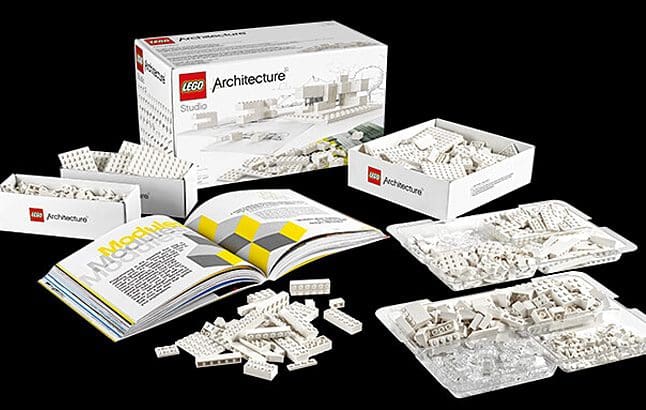words Alexa Wang
Free always feels great and what’s better than receiving free channels for just plugging an antenna into your TV? Lately, HDTV (high-definition television) antennas have become more popular with people choosing to opt-out of cable tv altogether. HDTV antennas are available in two types, indoor, and outdoor.
Both of these HDTV antennas pick up broadcasts between the frequencies of 47 – 250MHz and 470 – 960 MHz in the VHF (very high frequency) and UHF (ultra-high frequency) bands respectively cast over the airwaves by the television station. Many stations broadcast over the air and some of them may surprise you, they include major channels such as CBS, ABS, and NBC. The problem is, sometimes these channels can get fuzzy with poor signal and reception and cause the picture to go out. Here are some ways you can improve poor antenna signal strength and reception.

Upgrade
The best way to improve your antenna’s performance is to upgrade it entirely reclaimed interest in TV antennas has sparked a lot of interest and in turn a lot of new products. Check out some of the new equipment available online that can get you up more than 20 channels for free. The experts at https://longrangesignal.com/best-outdoor-hdtv-antenna/ would be a great place to get to know some of the best equipment available and what has the best bang for the buck. There is also a whole lot of information that would prove invaluable to anyone investing in a new TV antenna. Consider the positives and negatives of both an indoor and outdoor antenna and see how many channels you can snag out of the air.
Location
Location matters in this case for both the antenna and your local broadcasting station. The proximity of your antenna to the broadcasting station will make a large impact on the quality of the picture you end up receiving. Just as importantly, if you find yourself extremely far in rural areas your only option may be an outdoor antenna as the signal will be weak and difficult to pick up. Outdoor antennas are the most logical choice for anybody living farther away from any broadcasting station. Indoor antennas are acceptable when living in close proximity as the signal will be much stronger and easier to pick up. With both indoor and outdoor antennas placing them as high as possible is of absolute importance. Indoor antennas can be a little bit picky and may require some creative mounting to find the best place for signal, but the attic or a window is not a bad place to start. Be sure there are no metallic obstructions anywhere near the antenna as this may interfere with signal reception.
Check your Peripherals
Anything running between your antenna and your TV can cause the picture to become fuzzy or slightly distorted. It is important to keep all cables in good condition and of the best quality. The most up to date coaxial cable for an antenna is an RG-6 cable. If your cable is older like an RG-59 cable or in bad shape, change it out for a new one. Check that nothing is in contact with the antenna and check what local signals are broadcasted around your house that may be interfering with. If you find that you have a lot of interference from cell towers or 3g and 4g cellphone networks and signals consider getting an amplifier with a filter in it. This filter is just placed in line with the cable as it is running to your TV and filters out any interferences.

Digital Tuner
A digital tuner is a device that converts incoming signals to digital format for display on your TV. Most often it is found inside your TV but can be external. If your tuner is old and well used consider clearing the tuner’s memory. A hard reset is usually the best way to start troubleshooting most technical problems. Usually, it is not necessary to do this step, however, it could be the source of any issues and is worth a shot. If the budget allows, buying a 3rd party tuner is also a good option. A dedicated tuner can be of better quality and increase the quality of the signal coming into your TV.
Consider the state of your hardware. Is your antenna outdated? Does it compare to any equipment available on a top 10 list? If not it may be time for an upgrade. While browsing for new antennas, check that your cable is up to date and in good condition. A good signal could be scrambled by a bad cable, even if your signal doesn’t look bad, try changing cables to check for any difference. Just as well, your onboard TV tuner may not be of the best quality and a 3rd party tuner might be able to clear up your picture quality. Consider some of these choices next time you are watching TV and see if your picture quality improves.









